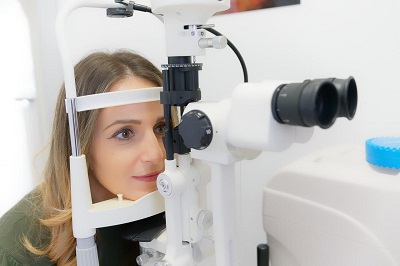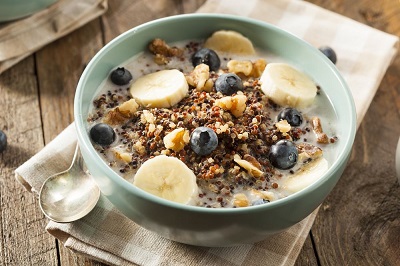A new report has recently been published, showing that dieters are starting to move away from the low-calorie products that had once been the top...


A new report has recently been published, showing that dieters are starting to move away from the low-calorie products that had once been the top...

Vision supplement ingredients vary widely from one product to another, so how do you know which ones will support your eye health, and which ones...

Everywhere we look, it feels like we are being encouraged to eat more fiber. Whether it’s in healthy living articles in the newspaper or advertised...
Memory is affected by weight gain, according to fascinating research that might just provide us with yet another reason to pay closer to what we eat, our activity levels, and even the amount of sleep were getting at night.
In the quest to lose weight, you want all of the diet and health tips that you can find. You may expect to hear these from your doctor, but in many instances that’s not the case. You will find that a lot of doctors offer some rather outdated tips based on old teachings.
If you were to believe everything you read online, you’d think that your body was filled with pollution and destructive chemicals and that there is a massive connection between this toxic body and weight loss. The story is that we breathe in these substances, eat them in our foods and drink them in everything from our specialty coffee to our glass of water. These harmful chemicals that you consume are stored in your body unless you detoxify. That’s the claim. But should you believe it? Are your liver and intestines really packed full of a backlog of all the unwanted substances to which they’ve bene exposed throughout your lifetime?
Brown fat is a part of our bodies that seems extremely counterintuitive. After all, most of us think about weight loss as a process of burning off excess fatty tissue. However, not all forms of that tissue are alike, and this particular type can actually work in your favor. It has more mitochondria than the white adipose tissue – the stuff that tends to threaten health in excessive amounts – and can even help with faster fat burning!
When you think of cutting back on calories, the first goal that comes to mind isn’t necessarily to help your metabolism, right? According to new research, your waistline isn’t the only thing that can benefit from a moderate reduction to your regular caloric intake.
This time of the year has always been an important one to take smart efforts to give your immune system a boost. When the winter months truly get underway, we’re dealing with dry air, colds and flus circulating, and everything else we’re exposed to on a regular basis. Though taking great care of ourselves won’t necessarily stop us from getting sick if we’re exposed to something, it can help us to keep symptoms to a minimum, shorten the duration of our illnesses, and help us to get back to normal faster.
The healthy bedtime habits you adopt at bedtime every night have a huge impact on whether or not you’ll fall asleep and stay sleeping throughout the night. In fact, this can often be said about the things you do throughout the entire day too. When you wake up, do you see sunlight right away? Do you exercise? Are you active during the daytime? Do you eat nutritious meals? These all play a role. That said, for the purposes of this article, we’re going to focus specifically on what you do right before you hit the sack.
As though we needed more reasons to put down those candy bars and stop adding so much sugar to our morning coffees, the World Health Organization (WHO) has now released a statement that recommends that we cut back our daily sugar intake to a maximum of 5 percent of our total daily calories. This is half of what had previously been recommended by the WHO.